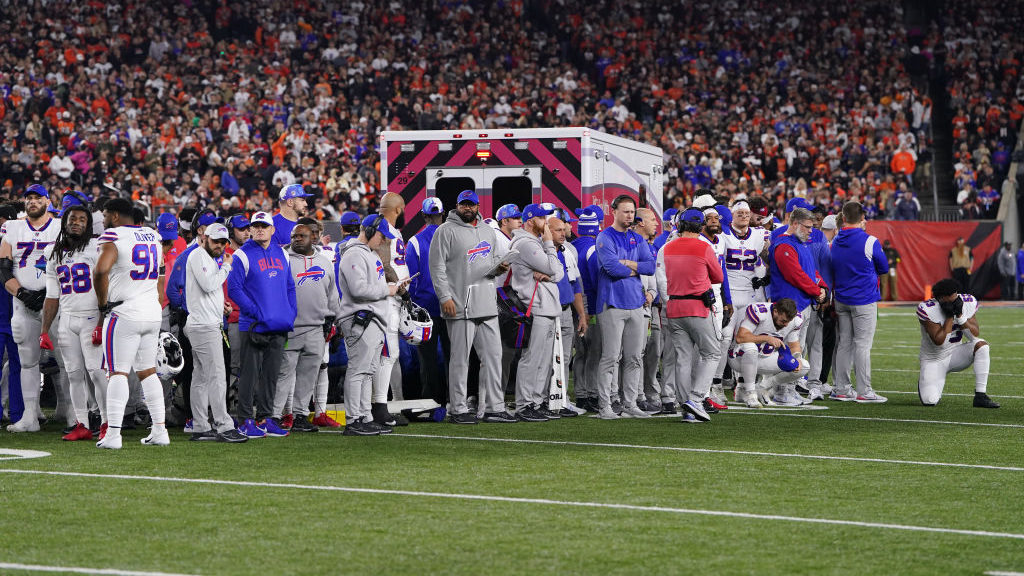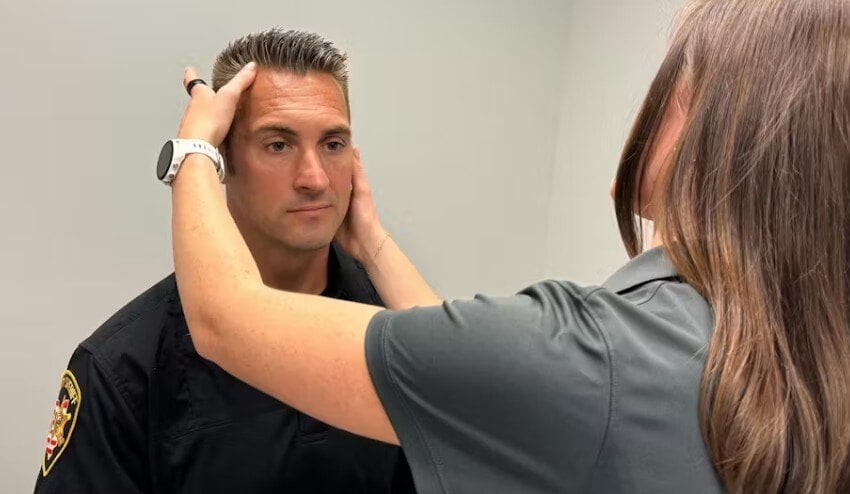Addressing Burnout and Work-Family Conflict in College Athletic Trainers
 Recent research has shed light on the significant issue of burnout among college Athletic Trainers, linking it closely to work-family conflict (WFC) and highlighting the importance of self-care practices in managing these challenges.
Recent research has shed light on the significant issue of burnout among college Athletic Trainers, linking it closely to work-family conflict (WFC) and highlighting the importance of self-care practices in managing these challenges.
 The study, involving 984 college ATs from various NCAA divisions, delved deep into the relationships between burnout, WFC, and engagement in self-care practices.
The study, involving 984 college ATs from various NCAA divisions, delved deep into the relationships between burnout, WFC, and engagement in self-care practices.
Participants in the study, comprising both men and women, reported their experiences using the Copenhagen Burnout Inventory and a Work-Family Conflict Scale, along with questions about their self-care habits.
The results were concerning, showing a moderate level of burnout and a significant impact of work-related responsibilities on family life.
Notably, the study revealed that higher levels of work interference with family life correlated with increased personal and work-related burnout. However, family responsibilities limiting work time did not show a significant association with personal burnout.
One of the key findings was the role of fatigue in the workplace. Athletic Trainers who frequently felt fatigued at work reported higher levels of burnout.
Interestingly, this fatigue was not directly linked to WFC, suggesting that the stress of balancing work and family roles might not necessarily lead to workplace fatigue. This points to the complexity of the factors contributing to burnout in this demanding profession.
The study also highlighted the critical role of self-care in managing burnout. Athletic Trainers who regularly engaged in self-care activities reported lower levels of burnout.
However, these practices did not significantly lower levels of WFC, indicating that while self-care is vital for managing stress and burnout, it may not directly address the challenges of balancing work and family obligations.
This research underscores the need for institutional support and policies that address the unique challenges faced by Athletic Trainers in the collegiate setting.
The long hours and high demands of the profession, coupled with the need to balance personal and professional responsibilities, call for targeted interventions to reduce burnout and WFC.
Overall, the study serves as a wake-up call for colleges and athletic departments to prioritize the well-being of their ATs.
By fostering environments that support self-care and work-life balance, institutions can help mitigate the risks of burnout, ensuring that Athletic Trainers can provide the best care for their athletes while maintaining their own health and well-being.
Read the full study here!
![HR Logo [Recovered]_Full Color Vertical-1](https://blog.healthyroster.com/hs-fs/hubfs/HR%20Logo%20%5BRecovered%5D_Full%20Color%20Vertical-1.png?width=199&height=178&name=HR%20Logo%20%5BRecovered%5D_Full%20Color%20Vertical-1.png)
 By
By


